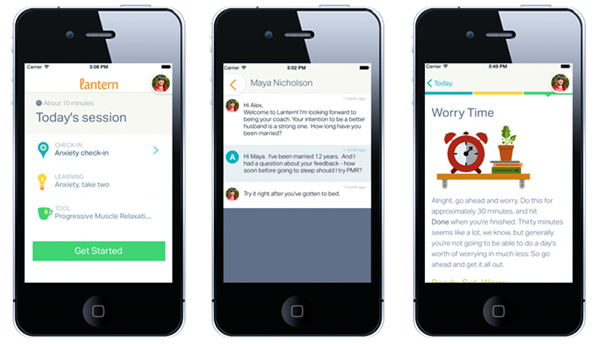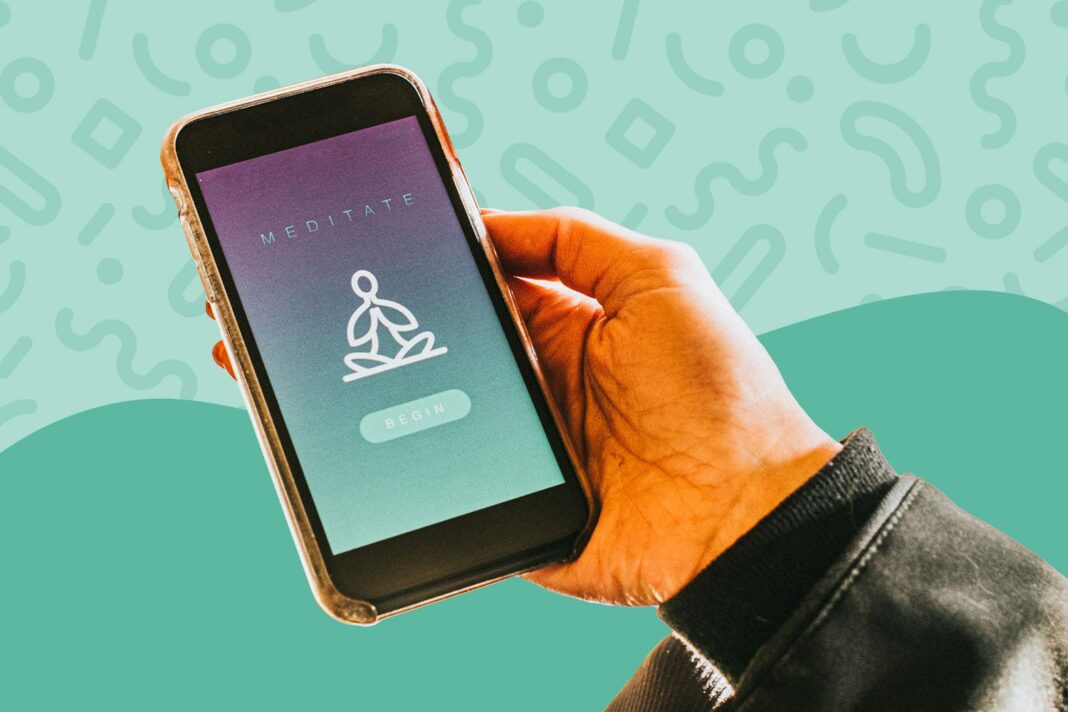In the past decade, the surge in mental health awareness has led to the rise of digital solutions. Smartphone applications now offer users immediate access to tools aimed at managing stress, anxiety, and other mental health concerns. These apps range from guided meditation sessions to AI-driven chatbots designed to simulate therapeutic conversations. The convenience and accessibility of these digital tools have made them increasingly popular, especially among the younger generation.
As the adoption of these apps grows, so does the question. Can an app truly replace a licensed therapist? While some users report positive experiences, others express concerns about the efficiency and safety of relying solely on digital platforms for mental health support.
The Appeal of Mental Health Apps
Mental health apps offer several advantages that traditional therapy may not. They provide immediate access, often at a lower cost, and can be used anonymously. For individuals in remote areas or those with busy schedules, these apps can serve as a valuable entry point to mental health support. Some apps, like Woebot and Wysa, utilize AI to deliver cognitive-behavioral therapy (CBT) techniques, aiming to reduce symptoms of anxiety and depression. According to a study cited by Time, “early evidence suggests these AI-driven tools can deliver elements of cognitive behavioral therapy effectively and improve symptoms of depression and anxiety.” These apps can also help users track their moods, set goals, and practice mindfulness exercises, promoting self-awareness and emotional regulation. This self-management aspect empowers users to take an active role in their mental health journey.

The Limitations and Risks
Despite their benefits, mental health apps have notable limitations. A significant concern is the lack of personalization. Traditional therapists tailor their approaches based on an individual’s unique needs, history, and personality. But many apps offer a one-size-fits-all approach, which may not be effective for everyone. The quality of these apps can vary significantly. While some are developed in collaboration with mental health professionals and are backed by scientific research, others may lack a solid evidence base. According to Healthline, “most of the apps out there, if tested at all, compare their outcomes to nothing, like wait lists or pamphlets, and they generally don’t test it with people who have proven clinical disorders.”
Data privacy is another concern. Users often share sensitive information, such as their mental health history and personal struggles. If this data is not adequately protected, it can be vulnerable to breaches and misuse. While apps can be beneficial for managing mild to moderate mental health issues, they are not a substitute for professional treatment in severe cases. Conditions like severe depression, bipolar disorder, and schizophrenia require comprehensive treatment plans that often include medication, therapy, and ongoing support from healthcare professionals.
The Role of AI in Mental Health
Artificial intelligence (AI) has introduced new possibilities in mental health care. AI chatbots, such as Character.ai’s “Therapist” and “Psychologist,” are garnering praise for their role in supporting mental health, offering round-the-clock, free service that feels compassionate and helpful to users. These AI-driven tools can simulate empathetic conversations and provide immediate support. But experts are cautioning that while AI can simulate empathy and provide preliminary support, it cannot replace professional therapists. Transparency about AI capabilities and ensuring these tools are developed alongside certified professionals is crucial.

The Future of Digital Mental Health Support
The future of mental health apps lies in their integration with traditional therapy. When developed properly, certain apps have the potential to break down the barriers to mental health treatment and transform the mental health care system.
Hybrid models, where digital tools complement in-person therapy, are emerging. For instance, some therapists recommend apps to their clients to reinforce coping strategies discussed during sessions. This approach allows for continuous support between appointments and can enhance the therapeutic process. Regulatory bodies are also beginning to scrutinize mental health apps more closely. Some tools have received medical certifications, such as Wysa in the US and a chatbot used by the UK’s National Health Service, illustrating safe integration into mental health care citeturn0news15.
Mental health apps are not a replacement for licensed therapists, but can serve as valuable tools in a comprehensive mental health care plan. They offer accessibility, affordability, and immediate support, making them an attractive option for many. However, users should be aware of their limitations and use them as a complement to, rather than a substitute for, professional therapy. As technology continues to evolve, the integration of digital tools with traditional mental health care holds promise for a more inclusive and effective approach to mental well-being.




